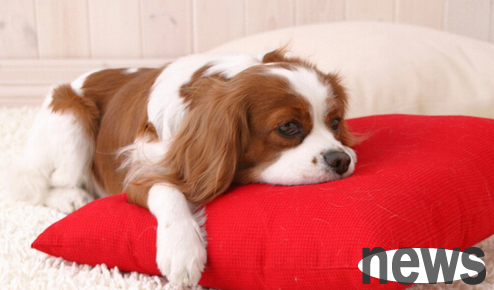Which type of dog is suitable for domestic raising? Many people who have never raised dogs consider what dogs they are suitable for before considering buying dogs. If you have plush carpets at home, don’t buy dogs that are prone to hair loss, and avoid barking dogs that like to live in a community. If you are not very big at home, choose small dogs. If someone at home is allergic to animal hair and really likes it, choose dogs that are not very hair loss. If you have children at home, choose dogs with better personality.

The editor believes that small dogs are generally more clingy because they are small and lack security. They bark when there is any movement. Large dogs are more stable and have strong independence.
So which type of dog is the best choice for families with children? We think there are five.
I think the most suitable position for this position:
The first position is the Retriever. It is smart, caring, able to tolerate many bad treatments from children, but it does not become irritable. For example, when your toddler uses his abdomen as a drum beat, it lies on the ground, shaking its tail. They should undergo rigorous compliance training, but they can be excellent pets.
The second one is the Golden Retriever. They are loyal, affectionate, very friendly, and can tolerate rough behavior from children without getting bored.

The third place is the Basset Hound. Maybe they are mostly lazy, stubborn, but they are also very cute and gentle. They like children and can get along very closely with them.
The fourth position is the Beagle. They are intimate, smart, lively and are best suited for children over the age of six.
The fifth place is the Bulldog. For children over six years of age, it will be very good for children if they can learn how to treat it. They are generally good-natured dogs and very strong.
For young children, the best choice is to raise a newborn puppy at home. A good dog has a history of pleasant interactions with young children.
Before you agree to buy or adopt a dog, introduce the dog to your child and make sure there is no conflict of personality between them. Even if the child loves it a little roughly, it must be considerate, caring and gentle. If the dog or puppy can play well with your child in its current home, it can play well with your child in your home as well.